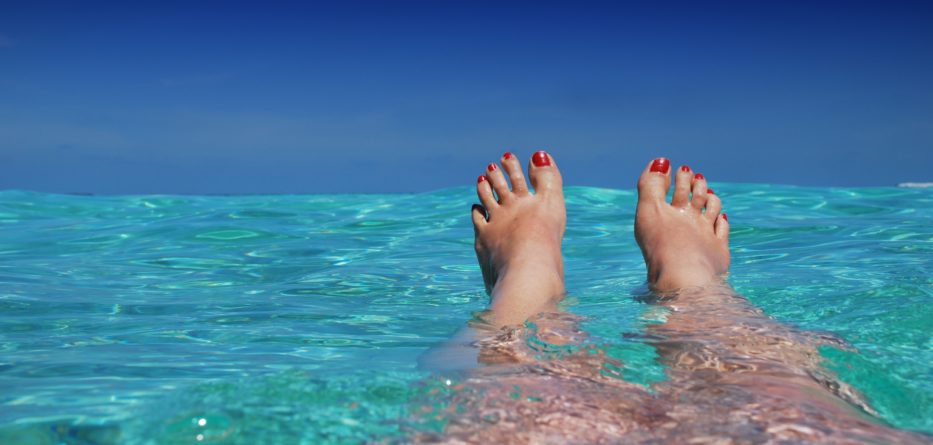Better Business Bureau
March is here, and that means spring break is right around the corner! Spring break is the perfect time to take a break from work or school and enjoy some time in the sun.
If you want to take more than a stay-cation this year and do some traveling, there are a few things you should be aware of to avoid a burn. In 2016, consumers nationwide reported hundreds of travel/vacation scams to BBB Scam Tracker. BBB Scam Tracker also received more than 2,000 reports of sweepstakes/prize scams in 2016, some of which involved winning a “free trip”.
Even if you avoid a scam, you could still run in to problems when booking your trip. In 2016, BBB received around 7,000 complaints about travel agencies and bureaus, and more than 2,000 complaints about online travel agencies.
Want to have a fun and stress-free spring break? Follow these tips from your BBB:
- Do your research. Common complaints about travel agencies and websites allege issues with guarantees, problems with refunds/exchanges and poor customer service. Make sure to use a travel agent or online booking site that you can trust! Look up any business or website you plan on using on bbb.org. There you can find its rating, complaint history and reviews from past customers. Make sure to also thoroughly research destinations and activities so that you’re prepared and don’t encounter any surprises when you arrive.
- Be diligent. Be careful and pay attention to details when you make any purchase or sign any contract – before or during your trip! Read the fine print, ask about additional fees and get everything in writing. Before leaving, verify all of your reservations for lodging and activities by calling the hotel or company directly. Print out any confirmation emails and pages and take them with you in case you run in to any issues and don’t have Internet access. Always pay with a credit card, as they offer more protection than debit and prepaid cards, and let your bank know that you’re traveling beforehand.
- Watch out for travel scams. In 2016, the median loss for a travel scam reported to BBB Scam Tracker was around $850 – so be careful! If you receive an unsolicited email or call claiming you’ve won a free trip, it’s probably a scam. You’ll never have to pay to receive a free prize. Avoid click-bait ads for cheap vacations you see on the Internet. These may lead you to fraudulent websites in an attempt to steal your personal or financial information. It’s also important to watch out for fake rentals when trying to find a place to stay. Phony landlords collect an advance deposit then avoid contact with renters, who may be left with nothing but a fake reservation or a rental that doesn’t resemble the photos in the online listing. Only deal with rental companies you can trust – look them up on bbb.org first!
- Protect yourself, your information and your valuables while away. Be careful connecting to public Wi-Fi, and never use it to online bank or enter personal or financial information while using it. It’s also best to wait to post vacation pictures on social media until you return home, otherwise potential thieves will know your house is empty. Make sure to lock up any valuables in a safe when you’re not in your hotel room. Keep important items, like your passport and wallet, close to your body while out and about and watch out for pickpockets.
- Consider travel insurance. Travel insurance is designed to cover things like trip cancellations or medical emergencies. There are different plans with different levels of coverage. Before buying ask a lot of questions, and always read the fine print to see what’s covered and what’s not. If you want to purchase travel insurance, use the BBB Accredited Business Directory on bbb.org to find an insurance agent you can trust.






